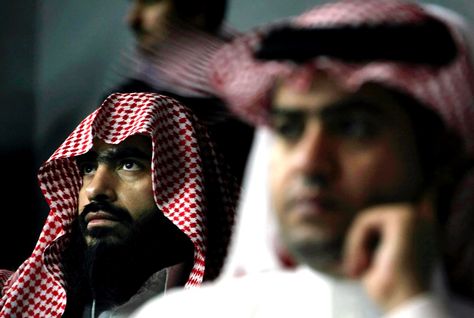Saudi Arabian billionaire HRH Prince Alwaleed bin Talal has voiced his support for a scheme that imposes financial penalties on firms that apply more expatriates than locals.
The Ministry of Labour policy, which came into force on November 15, stipulates that companies whose workforce is made up of less than 50 percent Saudi nationals must pay a monthly fee of SAR200 (US$54).
The plan is intended to boost employment among citizens in the country, where roughly 90 percent of the current workforce is comprised of expatriates. The rate of unemployment in the world’s second largest crude exporter is currently about 10.5 percent and approximately SAR100bn is remitted out of the country annually.

| Advertisement |
"The SAR200 monthly fee on business owners employing less than 50 percent Saudis is a very small amount to pay by them for the benefit of their country. Any company or organisation that wants to avoid paying those fees can do so by employing 50 percent Saudis," Prince Alwaleed, who is chairman of investment vehicle Kingdom Holding, said in a statement issued on Monday.
"As for contractors and maintenance companies, it is time for them to contribute a very small part of their profits to our beloved Kingdom, especially companies that have direct long-term contracts and tender. Even if cost will rise, the private sector should comply with the government’s drive for Saudisation," he added.
In order to press private firms to hire more locals, the government last year introduced a quota system which imposes minimum numbers of Saudi employees on companies depending on their size and sector. Firms which do not comply face restrictions on obtaining visas for their foreign workers.
The Ministry of Labour said in September that it had created 380,000 new jobs in ten months through that system, which has been criticised by some employers for raising their costs or dirsupting their operations. Some companies have complained that qualified Saudi workers are not always available.
In January, Labour Minister Adel Fakeih said the Middle East's largest economy needed to create 3m jobs for Saudi nationals by 2015 and 6m by 2030, partly through "Saudi-ising" work now done by foreigners.
Youth unemployment was one of the main drivers of last year's unrest in much of the Arab world, but the unrest did not seriously affect Saudi Arabia, where King Abdullah announced a US$110bn package of benefits to defuse any potential discontent.









 Search our database of more than 2,700 industry companies
Search our database of more than 2,700 industry companies









